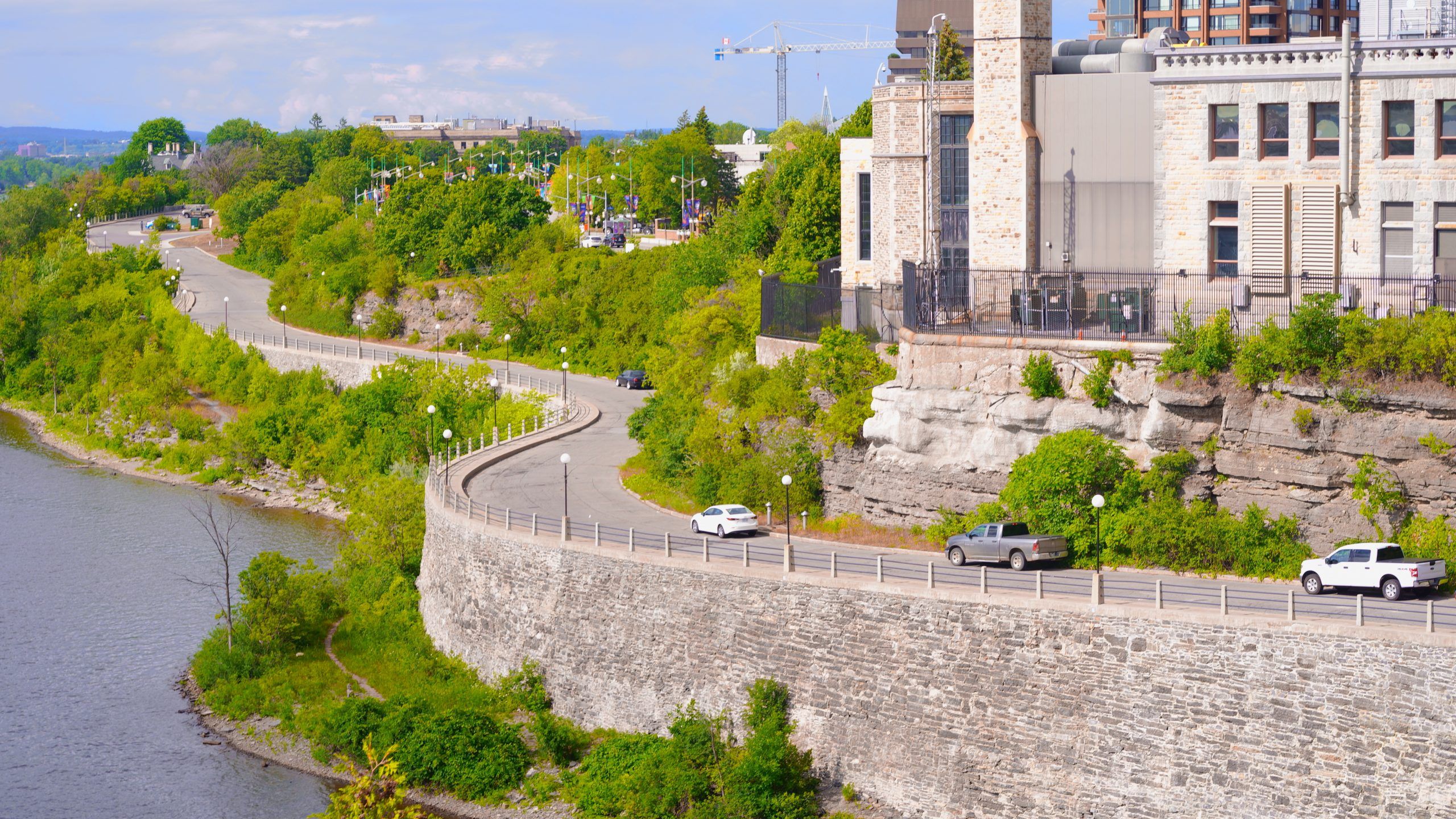An original translation by Ava Lon
From La Presse Quebec

The Court of Justice in Quebec reiterated on Thursday the fundamental right to a public hearing, and rejected the request of two defendants accused of terrorism, who requested that part of the evidence collected against them be kept secret from the public, under the pretext that it would risk compromising their right to a fair trial, while contributing to “Islamophobia” and “the climate of panic” in Quebec.
The request was presented by Sabrine Djaermane and El-Mahdi Jamali, two former students of the Maisonneuve College, who were arrested a year ago and charged with attempting to join a terrorist organization overseas, and planning a terrorist attack in Montreal.
While waiting for the trial, both were trying to prevent publication of elements of evidence collected by the investigators from the Royal Canadian Mounted Police in an application for the search warrant.
Their request was based on testimony by an expert witness, Valérie Amiraux, sociologist and a chair-holder in the Canada Research Chair Program in the field of study of religious pluralism at the University of Montreal. With the support of her colleagues, Valérie Amiraux presented a 22-page report concerning the effect that the disclosure of the evidence could have on Quebecers.
In her report the professor emphasizes that the Muslim public image has changed considerably since 9/11, “ in particular as a result of media coverage of news”. She adds that there is “a widespread antipathy vis-à-vis Muslims in Canada” and that “Islamophobia has become commonplace in Canada” in the wake of the debate on reasonable accommodations and the Quebec Charter of Values. The context is akin to what some sociologists call a “political hysteria”.
In that context, the disclosure of certain elements of evidence is “problematic”, she concludes, because “those elements […] are particularly likely to help trace links among Islamophobia, the climate of panic and the feelings of insecurity”.
Common Front of Media
The lawyers from La Presse, Québecor and Radio Canada stood together in opposition to this request in the name of the free speech and established principles; they want justice in Canada to be public.
The justice Lori Renée Weitzman ruled in their favor. The judge summed the case up as a conflict between two fundamental rights protected by the Canadian Charter of Rights and Freedoms: the right of defendants to a fair trial and the right of freedom of expression.
The judge acknowledges that the expert witness has expertise in sociology and deals with real issues.
“No one needs a sociology expert to say that in 2016 in Quebec, the Muslim population is confronted with prejudice and stereotypes.” — from the judgement
But in a court of law, the existence of such prejudices doesn’t justify restricting public access to court proceedings. “Without understating the extent of the expertise of Mrs. Amiraux, the flaw in her estimation is the extrapolation of the data she masters in sociology in order to reach a conclusion on the Canadian criminal law system, without appropriate knowledge in this field,” continues the justice.
She reminds everyone that according to the Supreme Court, “the proper administration of justice includes the right under Article 11 (d) of the Charter, which guarantees a public trial and the right for the media to have the access to the trial and to be able to report what takes place there.”
Trials Behind Closed Doors?
Other opinions presented by the expert raised the judge’s eyebrows. “Professor Amiraux doesn’t know the importance the Charter gives to the open courts, and she is even believes, wrongly, that a criminal trial could be held behind closes door,” the judge notes as well.
“This erroneous assessment of our fundamental principles of Canadian criminal law allows her to reach a conclusion in favor of a publication ban that would apply, according to her, in all cases involving the subjects that could cause anxiety, or concerning an identifiable minority”, continues the judgement.
The testimony of the sociologist was therefore deemed inadmissible, and the request for an order banning publication rejected. “The consequences of such an order would be important, since it would limit public access to information in connection with legal proceedings, which violates the constitutional right to freedom of expression,” says the judge.
The defendants have ten days to appeal the decision.

This article suggests we must not become flagrant in our hysterical reaction to the onslaught of governmental overthrow disguised as a religion of peace lest we have our grave concerns turned against us in a court of tribunal law where we provide the evidence defendants actions are deserved and not the least bit unlawful due to our reactionary adolescent behavior.
A socialist defends Islam, quelled suprise.
The evidence must be very condemning if the defendants don’t want the public hearing it, they seem to be afraid we will get the correct idea about the defendents and Islam.
I am totally confused by the request to hold evidence from public knowledge… more so when the reason would be “[the evidence] would create panic.”
Then what the hell the wanted to create (inspire?) by a terrorist attack?!
Present the truth as they are no special treatment no matter what nationality or religious grounds they protest under. The law of the law stands and represents everyone rights to a fair trial based on the real evidence presented.
Your comment is written under the auspices that Canada, and indeed, the Western world, still operates under rule of law, and not cultural Marxism and sharia. I think the rule of law is largely vestigial at this point. I hope I am wrong and that my belief is a consequence of staring into a microscope all day every day and thinking amoebas are as big as buildings. This is possible, but examples of failure of law and adjudicating by identity politics grows by the hour.